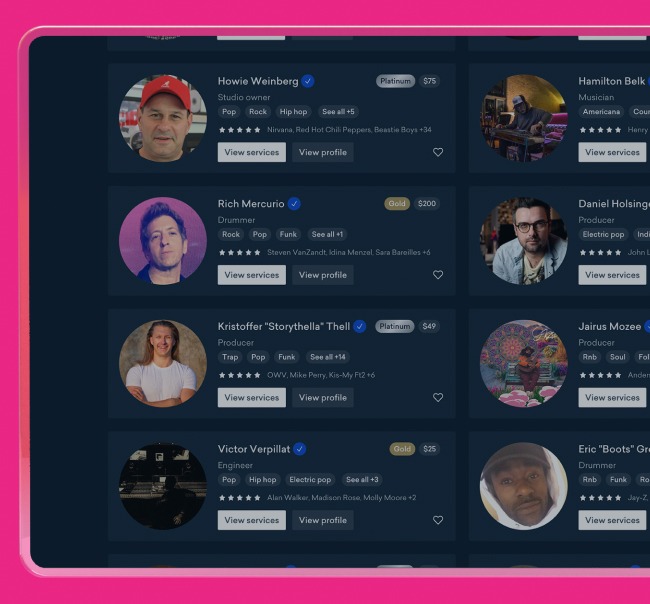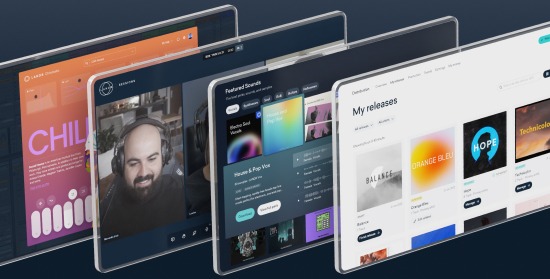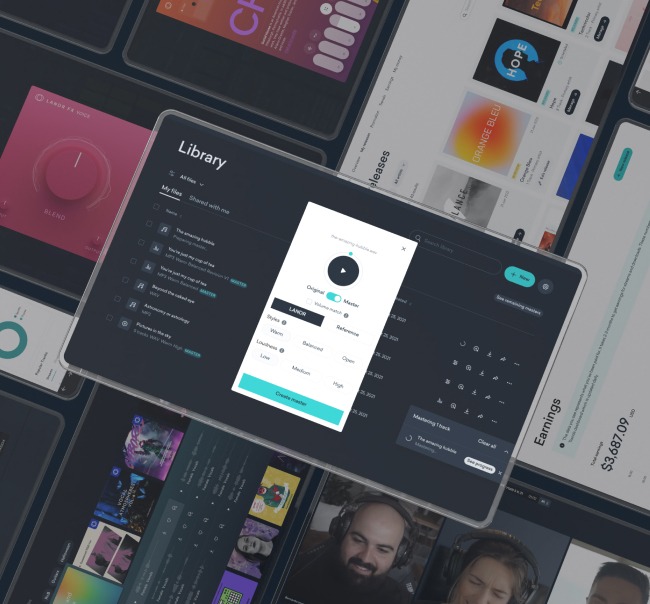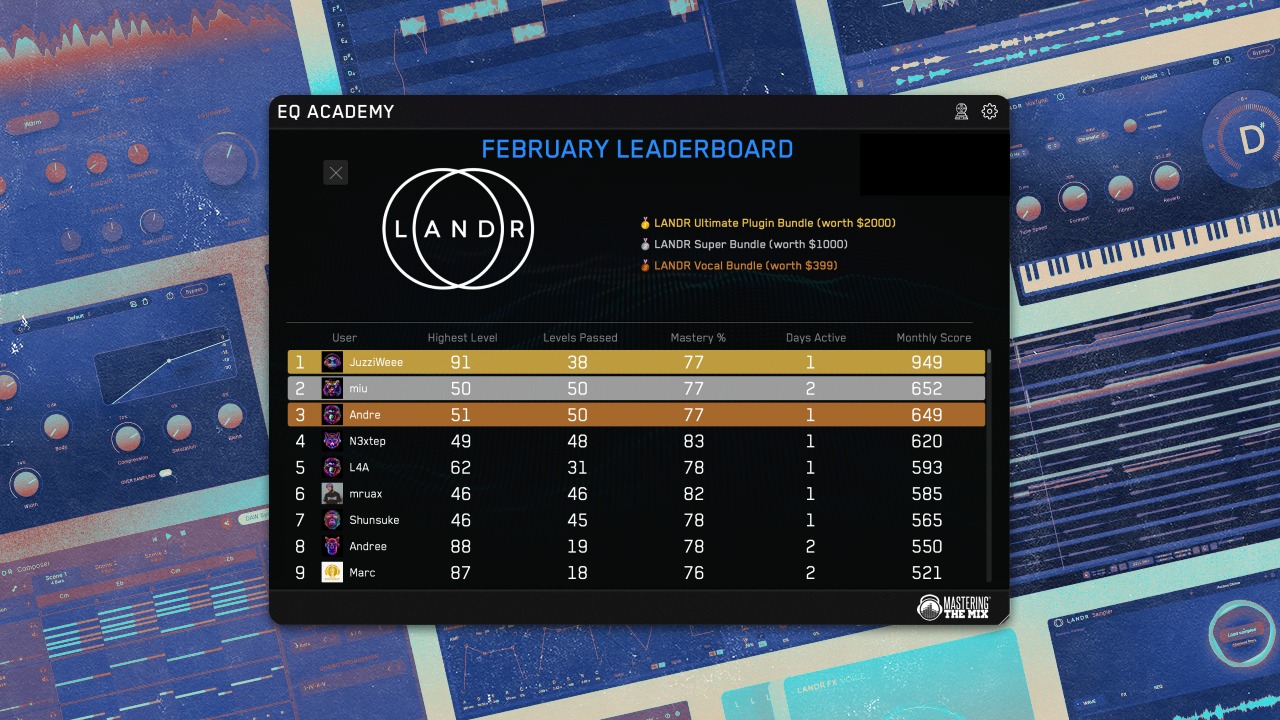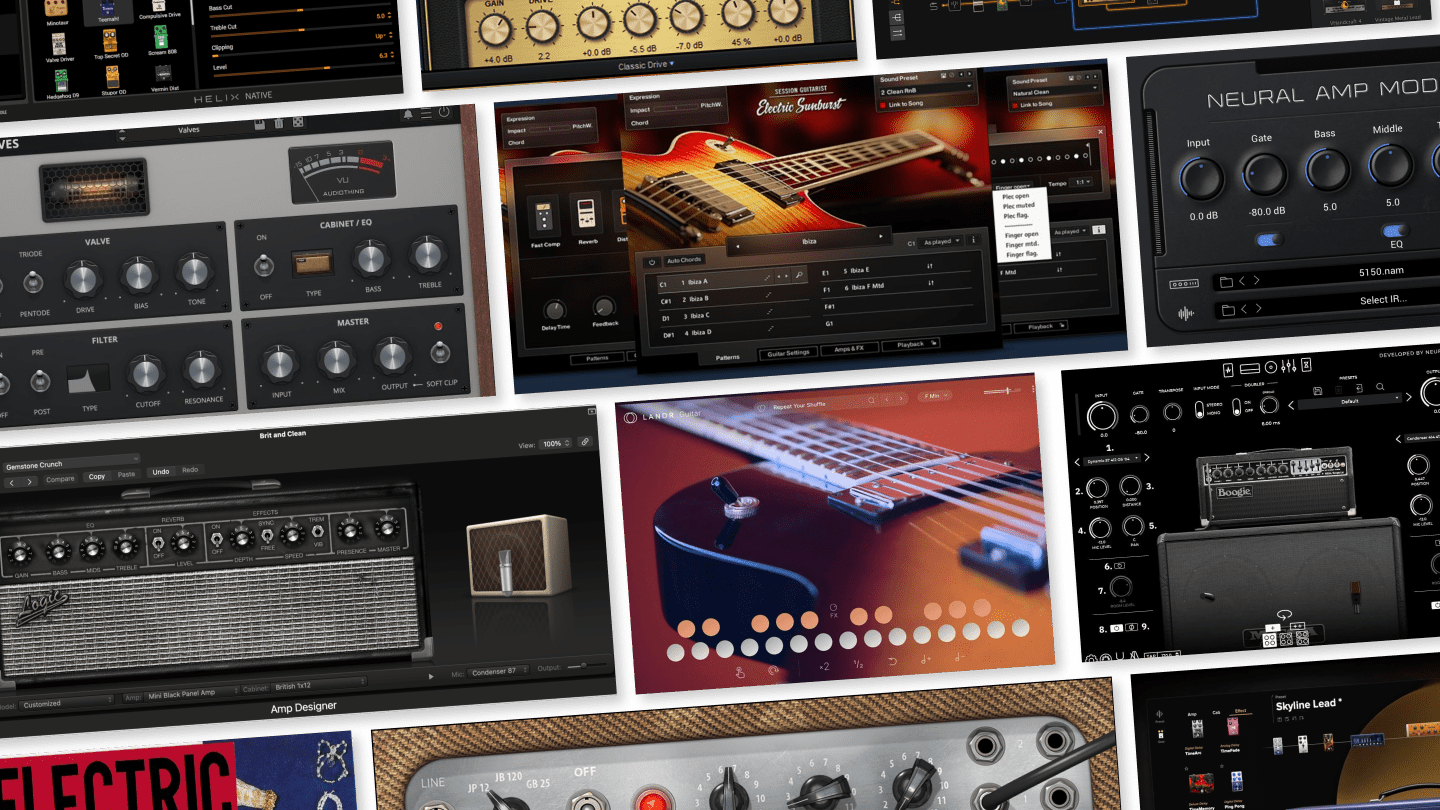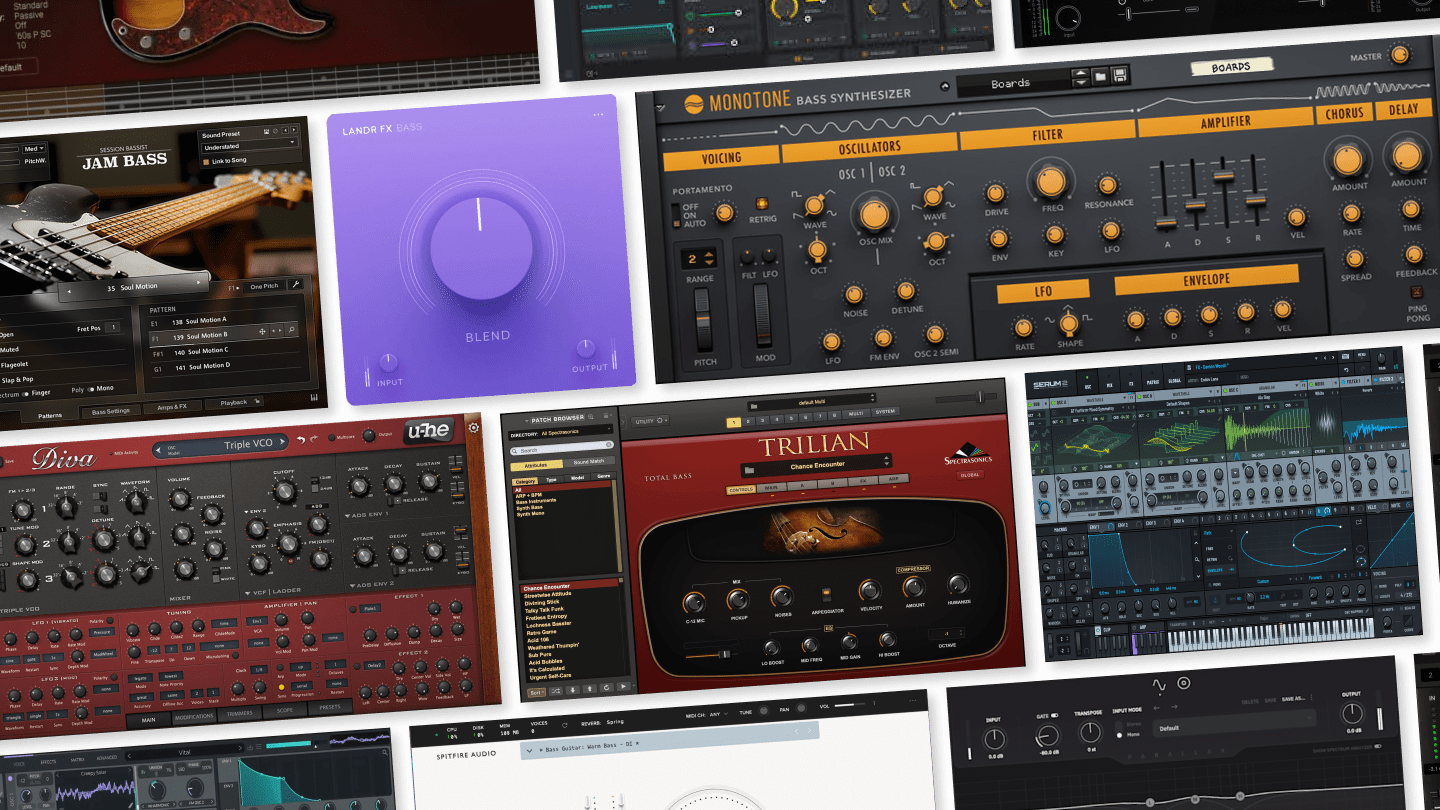
How to Get the Most from a Day at a Pro Studio
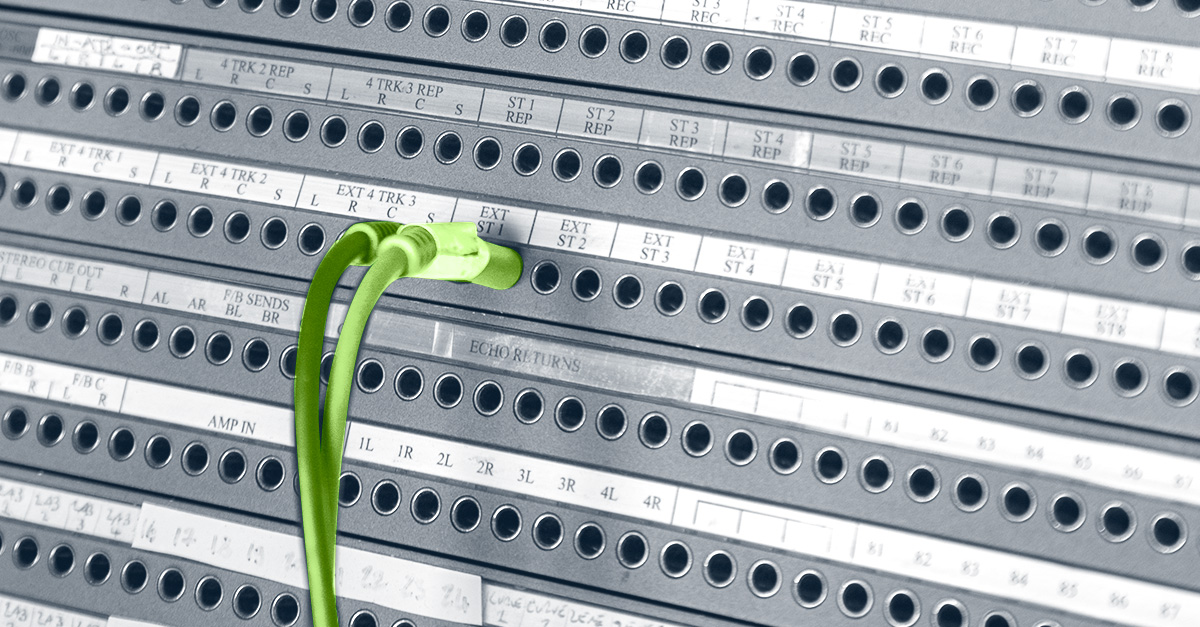
Booking a day in a pro studio is exciting. Access to high end gear and someone else to take care of engineering can push your tracks to the next level.
Even if you’re just taking the tracks back to your own home studio to mix your own music, it can still be a big step up.
But paying for studio time can be stressful. It’s hard to feel creative when the clock is ticking on an expensive session.
Don’t worry, it doesn’t have to be scary. Plan properly and you’ll never have to feel anxious about working in a professional studio.
Here’s 8 tips that will help you get the most from your day in the studio.
1. Be well rehearsed
Take time to rehearse the material you intend to record. It’s the single best way to be prepared during your studio session.
Take time to rehearse the material you intend to record. It’s the single best way to be prepared during your studio session.
Even when things go wrong and tensions run high, you can rely on your muscle memory to pull you through a stressful tracking session if you’re well rehearsed.
Make sure you practice the songs to a metronome at the tempo you will record them.
Practicing at the wrong tempo or without a metronome isn’t helpful when you’re tracking to a click!
2. Make a production plan
A production plan is an itemized list of everything you need to finish in a day with estimated time allotted for each task.
It sounds like a lot of work but a production plan will save you a lot of stress and make your time more productive.
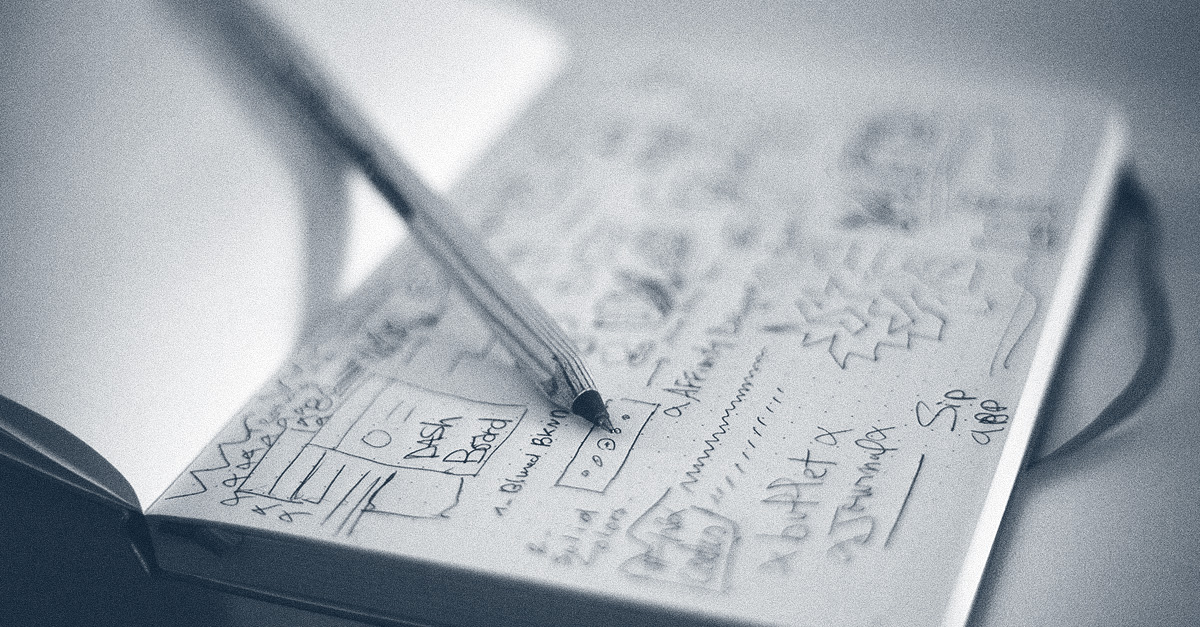
You have to go in with a plan if you hope to get a lot accomplished in a studio day. Having a reference is important to make the call if something is taking too long.
It doesn’t have to have super strict timelines, but you should sketch it out well enough to get an idea of how the day will progress.
3. Ask for a pickup session
A pickup session is a brief period for load-in and basic setup before the first day of several tracking sessions.
A pickup session is a brief period for load-in and basic setup before the first day of several tracking sessions.
Ask if it’s possible to add a pickup session the evening before your tracking day.
Many engineers find pickup sessions helpful for their workflow too, so it’s not an unreasonable demand.
Pickup sessions are especially helpful for complicated setups like drums. If the kit is set up the engineer can get to work even if all members of the band haven’t arrived.
Which leads me to my next point…
4. Show up for your call time!
Every minute of time in your studio session counts.
Even if the studio doesn’t have a strict lockout, showing up on time for the start of the session is the best way to take advantage of your tracking day.
Engineers and other studio staff will be there on time—it’s their job! Don’t waste your opportunity to get started…
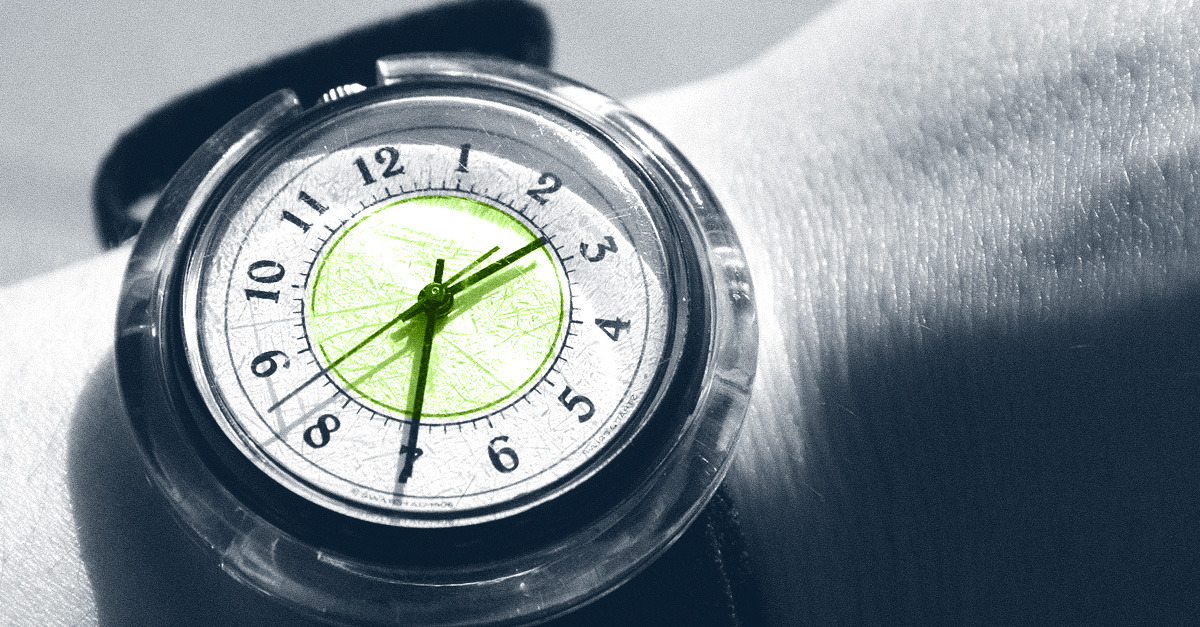
Burning time on the front end of your session will only make everyone more fatigued and behind schedule by the end.
Burning time on the front end of your session will only make everyone more fatigued and behind schedule by the end.
5. Make use of downtime
Unless you’re recording live off the floor, no single studio task will occupy all members of the band at once.
That means a few people will have a lot of downtime on their hands. If you divide and conquer you’ll be able to put that time to use.
Anyone involved in the session who isn’t working can help by practising, setting up, cleaning up, organizing food or putting on a fresh pot.
Chipping in however you can helps. But remember, avoid getting in the way of the work that’s the main priority at the moment.
6. Build in experimentation
It can feel frustrating to cut off a thread of experimentation to stick to the schedule.
You might have to for the sake of finishing your tracks, but you should at least allow for some freeform creative time if inspiration strikes.
Try to fit this time in around certain milestones.
Finished the drums for the EP? Maybe it’s time to try that weird organ in the back of the live room!
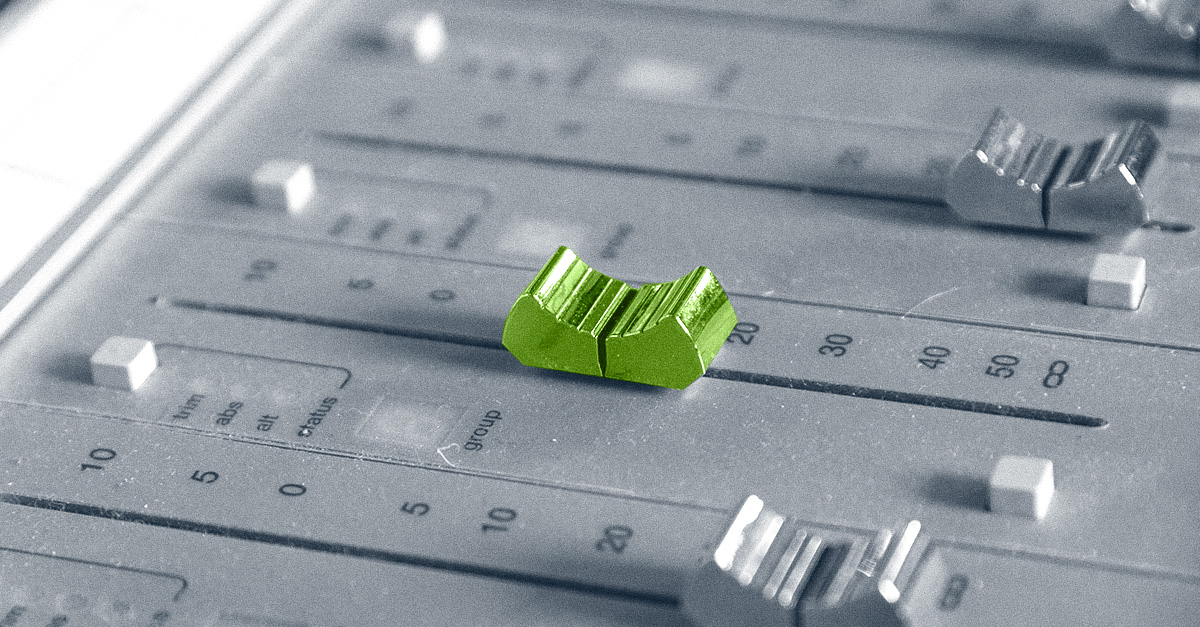
That way you won’t have to feel guilty for going over time with your studio experiments.
7. Budget for spillover
Sometimes there’s no way to account for every possible roadblock.
If some task ends up taking a long time, or you simply get stuck somewhere—you may have to book more time.
Don’t stretch your budget so far that you can’t afford an additional tracking session if you absolutely need it.
Don’t stretch your budget so far that you can’t afford an additional tracking session if you absolutely need it.
Knowing that you have the possibility of a spillover session can give you a safety net if your plans fall through.
And if you don’t end up using it you’ll come in under budget—nothing wrong with that!
8. Don’t “overindulge”
I’m definitely not a strict teetotaler when I’m producing a session, but I recommend doing everything in moderation.
Studio sessions can be marathons. Avoid anything that will cause you or your bandmates to get faded and tired too quickly.

When you have multiple days strung together, nothing is worse than losing a day because everyone is wrecked from the day before.
If you absolutely must partake to make the vibe happen—that’s fine. Just keep it professional and keep it productive.
You can always celebrate a successful session at the end!
Maximize productivity
Staying productive in the studio isn’t easy at the best of times. When you add the stress of a costly studio fee it can be even harder.
But if you think things through you can come to your studio session prepared to get the absolute most for your money.
Try these tips the next time you go to a pro studio to record—it will make a difference in your final product!
Gear guides, tips, tutorials, inspiration and more—delivered weekly.
Keep up with the LANDR Blog.
c
